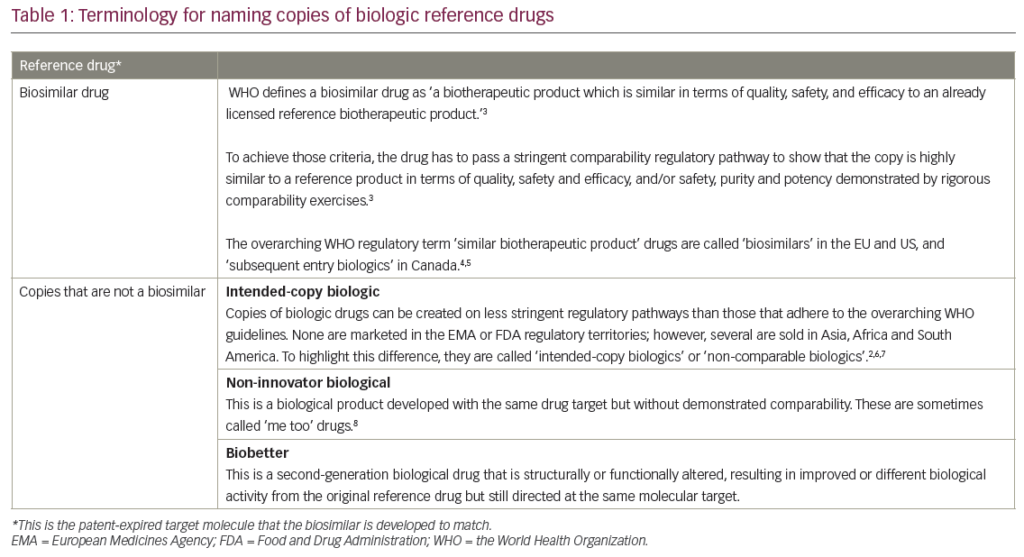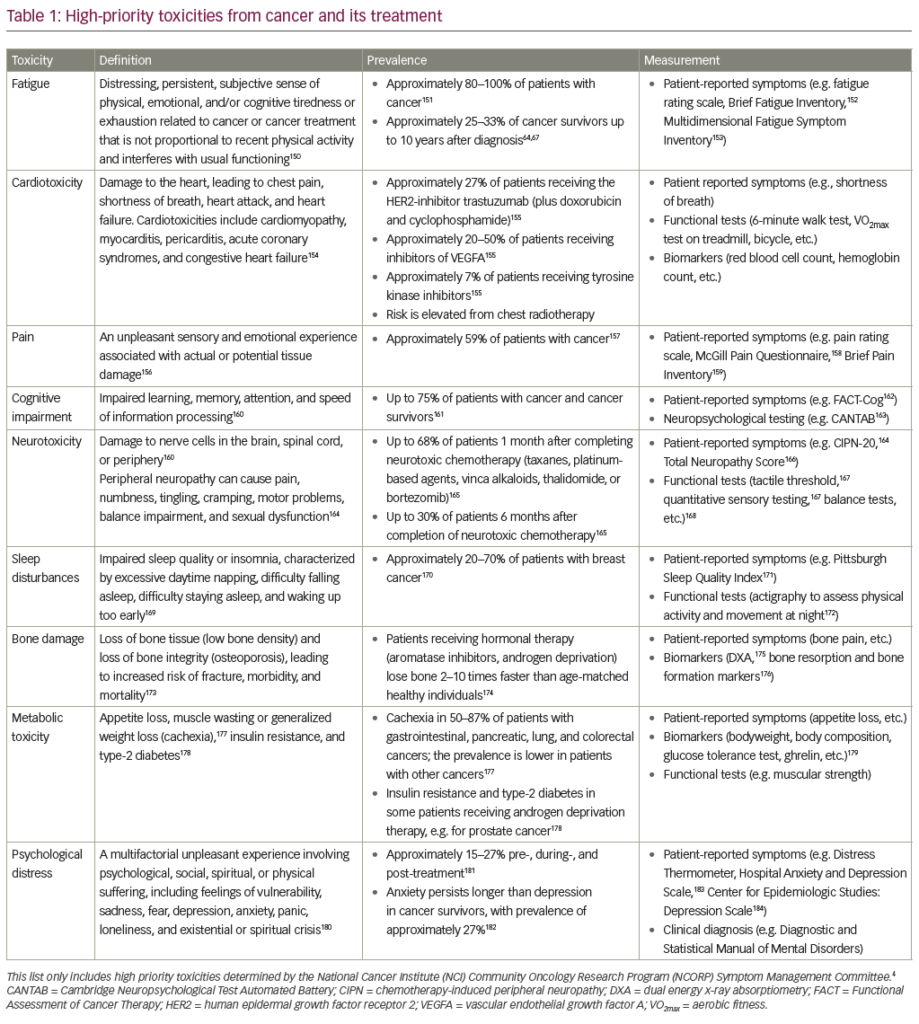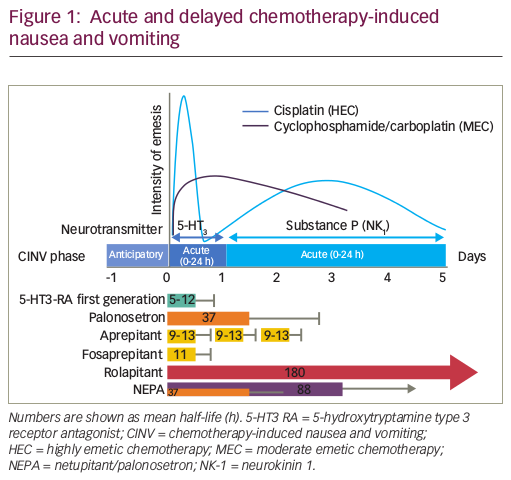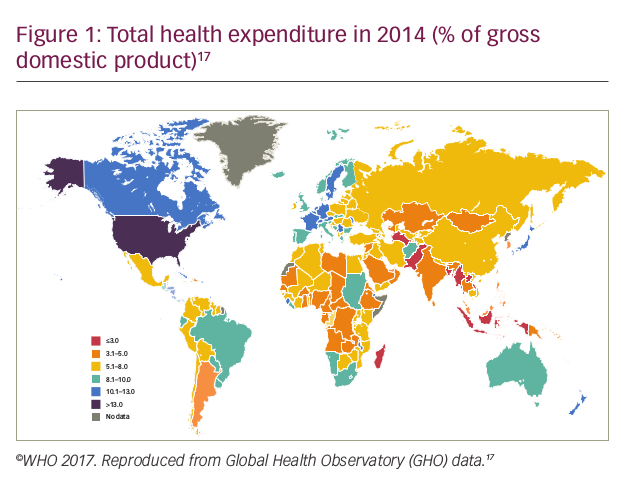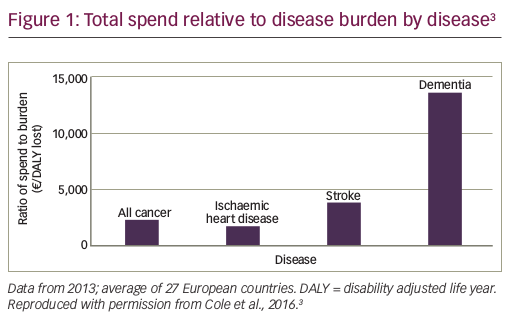Radiation and medical oncology require unique and specialised software solutions to allow the effective delivery of therapeutic doses of radiation and administer chemotherapy while at the same time ensuring patient safety. These solutions must be able to support the hospital’s strategic information management goals, interact with various information technology and treatment systems, and provide a clear electronic user interface. More than 2,100 hospitals and cancer centres worldwide use the MOSAIQ® software, making its manufacturer Elekta the industry leader in a field where extensive experience is required to help organisations manage complex cancer treatments and techniques.
In the UK, The Christie NHS Foundation Trust provides a unique network of radiotherapy centres supported by the MOSAIQ oncology information system (OIS), which serve a population of 3.2 million across Greater Manchester, Cheshire and beyond. The implementation of MOSAIQ has dramatically improved local patients’ access to radiation therapy services, allowing them to be treated closer to home.
Providing a Centralised and Paperless Service
Proud of its 100-year history, the Christie NHS Foundation Trust was the first UK centre to be officially accredited as a comprehensive cancer centre. Prior to a report by the National Radiotherapy Advisory Group (NRAG),1 there was already a long-standing desire within the Trust’s cancer network to improve the local population’s access to radiotherapy. A large increase in demand for radiotherapy, changing treatment regimens and the increasing incidence of cancer prompted the opening of new satellite sites – the first one being The Christie at Oldham (see Figure 1).
The Trust’s goal was to become a multisite centre with 16 linear accelerators (or linacs) across three sites, providing a centralised and completely paperless service. The Trust had previously been using the Lantis™ OIS. Parallel to the development of the new satellite centres, MOSAIQ was adopted (see Figure 2), offering greater functionality and the opportunity to meet the Trust’s goal of linking disparate sites.
“With the opening of the first satellite site in Oldham, we needed to maximise the use of MOSAIQ and ensure that all implemented systems worked across a centralised service”, comments Julie Davies, Lead Radiographer at The Christie at Oldham. She continues: “This would ensure that patients and staff would reap the benefits of a more efficient facility, using all the functionalities that the system could offer.”
Significant Changes
The Christie NHS Foundation Trust considered that a centralised solution would improve the patient treatment pathway as well as communication between all its sites. This would be achieved through the MOSAIQ OIS, which would also help to provide a paperless solution.
The team at The Christie at Oldham wanted to be able to offer advanced delivery techniques, such as:
- image-guided radiation therapy (IGRT) – the gold standard in imaging, which the majority of patients now receive;
- intensity-modulated radiation therapy (IMRT) – meeting the recommendation of 30 % of severe cases receiving IMRT across its network;
- volumetric modulated arc therapy (VMAT) – introduced in Oldham in October 2011; the number of patients treated via this delivery technique is increasing (currently four new patients per week); the intention is to transfer all five field IMRT prostate deliveries to VMAT in 2012; and
- integration with the in vivo dosimetry system.
In addition, changes were required to the system, used across the 12 linacs and by over 100 staff. The first step was to introduce a new graphical user interface (GUI) and to reformat it to suit each department, assigning various layout settings to different disciplines for ease of use. This would improve access to all the disciplines required at each site. The GUI was defined according to roles, with access controlled by role-specific security levels.
The IT system was then designed to support paperless working at the satellite sites. MOSAIQ enabled a paperless workflow to be operational from day one. Treatment plans are e-authorised and imported into the system, with maximum use of the Escribe and Escan functions.
“Since opening, we estimate that we have saved over 2,000 days with the introduction of this system”, says Julie Davies. “Having been employed on the project team from the design stage, one of my goals was to achieve paperless working. In an incredible timeframe of six months, we worked with Elekta to ensure this was successful.”
Constant Communication
The addition of the MOSAIQ OIS connects the Oldham site with the Trust’s main site in Withington (Greater Manchester) and its new satellite site in Salford, enabling bidirectional transmission of patient records and treatment plans in real time. The three sites are fully linked by a network run from a central server located at the main site in Withington. The Trust’s network is supplied by two lines from two different providers. If one fails, the other takes over.
“It is imperative that we have a system that is totally reliable and maintains our service at all times. If one line goes down, the other can fill in for it. This makes it very unlikely that we would ever completely lose connectivity with the main site in Withington”, explains Julie Davies.
Benefits of a Paperless System
The Christie NHS Foundation Trust has increased flexibility and efficiency, for example by using Escribe to automatically merge patient demographics into templates. Escan allows paper information and signatures to be kept in electronic form. All information can be accessed from any MOSAIQ terminal across the network.
MOSAIQ enables password-protected treatment plans to be authorised by a clinician from anywhere within the network, saving time and greatly improving efficiency in each department. Clinicians are also able to review images in MOSAIQ from any site. The ability to approve images and document them in the patient record improves workflow efficiency. MOSAIQ’s quality checklists can be monitored across all departments, with the ability to view several locations at a time. The system delivers a secure service, everything being traceable and accountable.
The new system has resulted in improved patient experience. It enables The Christie at Oldham to avoid considerable treatment delays. “With the use of MOSAIQ, we have made huge improvements”, continues Julie Davies. “The patient attends the satellite site for planning and then for treatment. In the meantime, MOSAIQ is used to transfer information electronically. There are no delays caused by the transit of paper documents and treatment plans. More than 2,000 patients are now treated in Oldham. If paper prescriptions were still being used, we would have a delay of at least one day for every new patient delivery.”
Figures 3 and 4 show examples of patient charts and information recorded using in the MOSAIQ software.
The Value of People
While advanced technology has made access to world-class healthcare possible at The Christie at Oldham, it is the members of staff working in this outpost of a much larger main cancer centre who enable the clinic to provide its services professionally and efficiently. “Many of the staff have taken on additional training to meet our needs”, highlights Julie Davies. “For example, radiographers have become proficient in the use of cannulation and in phlebotomy. In addition, experienced radiographers are also trained to dispense certain drugs. We can save one week every month by dispensing drugs in the treatment room. Truly, it is the dedication and hard work of a great many people, both here and at the main site, that have made The Christie at Oldham a huge success.”
For more information about MOSAIQ, please visit the Elekta website (www.elekta.com).






